Why We Submit To Alcohol And How To Take Back Control
Tags: opinion
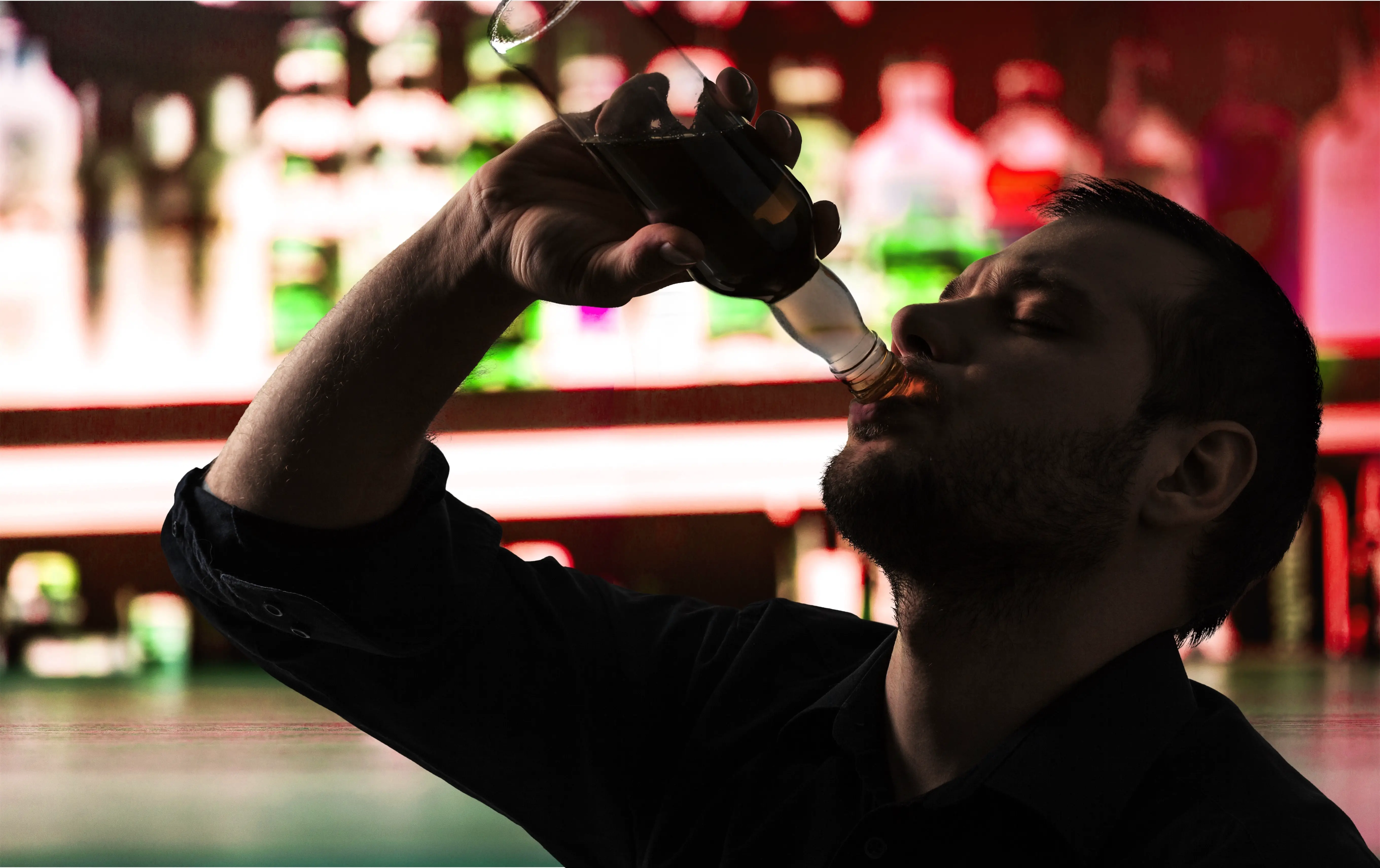
By Stephen Lynch
Alcohol is pervasive and prevalent in our lives, consumed by billions of people worldwide. But most of us don’t ever consider or understand the immediate and long-term consequences of drinking.
Why we drink
There’s a social pressure to drink alcohol. Its something most of us take up in early adolescence without much thought or reflection.
Those who continue to drink alcohol in adulthood typically do so for several reasons:
● To ‘have a good time,’ relax and release inhibitions
● To ‘fit in’ and bond with people
● To blow off some steam and take their mind off the stressful week they’ve just had.
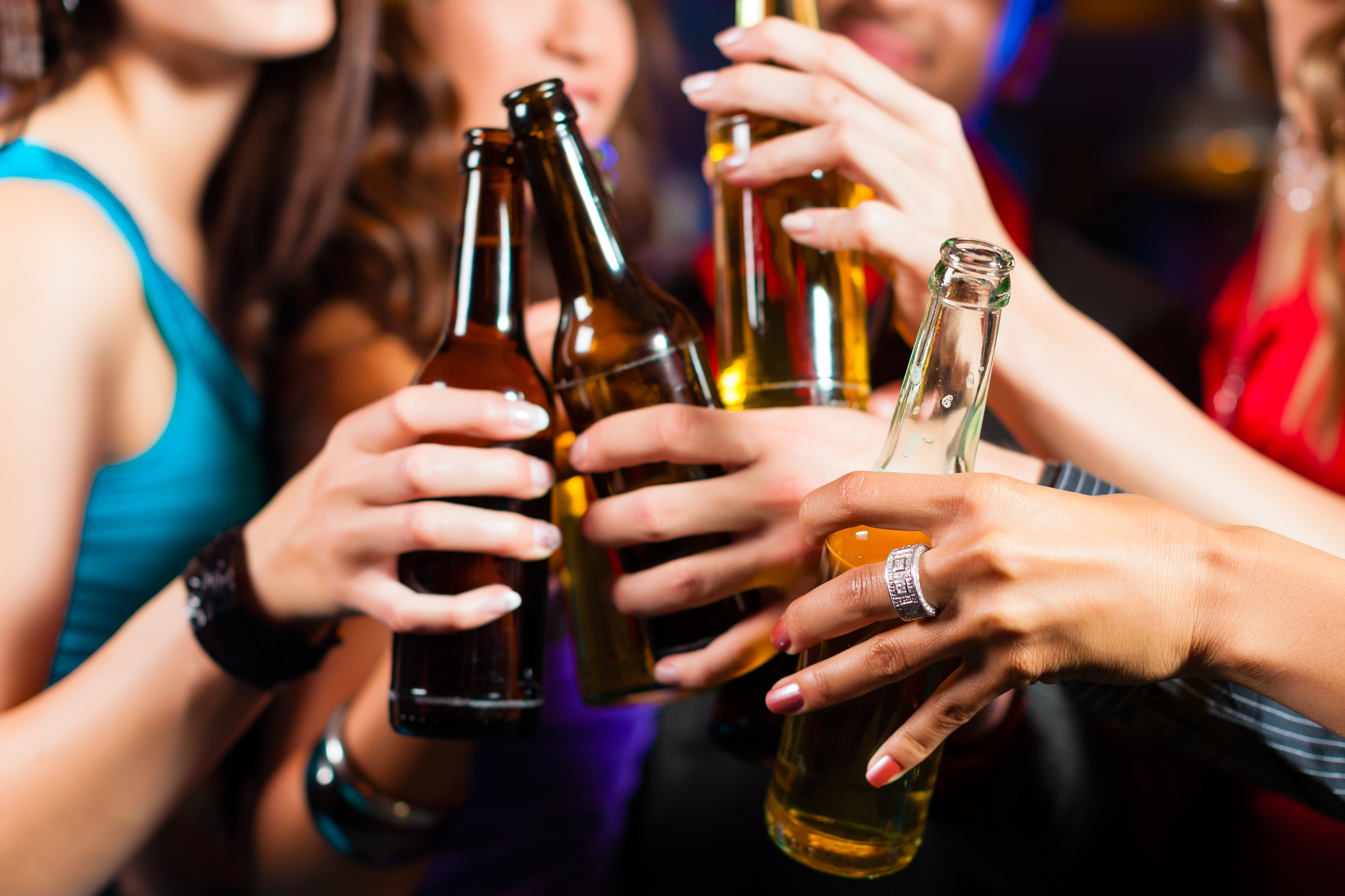
It’s the done thing, something you’re brought up to accept is normal (‘in moderation’) and commonplace. It is ubiquitous in the professional sphere also, for example:
● To welcome / say goodbye to a colleague
● Celebrating success on a new project
● Team bonding and ‘social’ activities.
Alcohol is often proposed as the solution and answer to all these scenarios, and many more.
There have also been several times in my life where I have gone for many weeks without drinking.
I have even done a few dry Januaries before with relative ease.
After these periods I have found myself in a place of optimism, focus and concentration, peace and relaxation and crucially, in succeeding with whatever I had set my mind to.
A quick point here on terminology. ‘Teetotal’ means absolute, complete abstinence from alcoholic beverages. It means indefinite sobriety and outright rejection of intoxication.
Decision
In April this year I decided to end my dubious relationship with alcohol.
For several years I’ve fantasized about being teetotal, and realised it would only be a matter of when, and not if I would decide to make the jump.
Ultimately it was a particularly exhausting work week, followed by a series of extremely awkward, tiresome and uncomfortable social experiences over that weekend which led me to say to myself:
“Never again.”
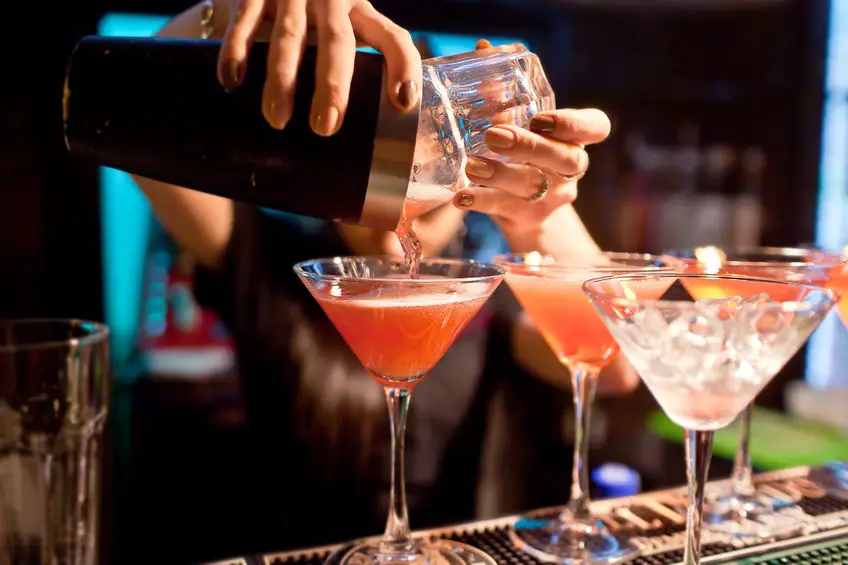
Periods of sobriety
In my final year at university I struggled severely with social anxiety and a deep depression, so much so that I consistently contemplated whether I should bother continuing to live.
I fell out with my three best friends and became isolated, sinking into melancholic thinking patterns and a vortex of negativity of my own making.
Alcohol was a relatively regular fixture in my life in this adolescent period when I was socialising.
Going on a two or three-day bender would seriously detriment my mental state.
I would binge on an absolute cocktail of drinks to mask my own sadness, so my own company was just about bearable for others, and sometimes vice versa.
Summer 2011
I turned this around when I resolved to meet the dissertation deadline that had been given to me in that final year.
This was the only thing I was focused on for a month in the summer of 2011 — as the US government was shut down in the debt-ceiling crisis, and England experienced its worst riots for decades.
In this period my alcohol consumption was low to negligible. My only task was going to the library six days a week for 10+ hours — stopping only to eat meals, wash, sleep and listen to the Test Match Special podcast as England hammered India 4–0 in the cricket.
Summer 2012
The next long period of nominal alcohol drinking was the following summer, when I was resolutely focused on securing my first full-time paid job after graduating.
My internship at a think-tank in the City of London was coming to an end and I was calmly and persistently applying for jobs and preparing for interviews.
It seemed the whole country was bordering on hysteria with the London Olympic Games. Like with the drama the previous summer, I paid it all cursory glances of my attention, but never to extent that it interfered with my goals of getting a foot-hold in politics and kicking on with fulfilling my potential.
I also politely turned down the opportunity to join my friends on a lads holiday in Turkey that summer. I decided reluctantly but firmly that I could not justify splashing out on such a boozy endeavour when I hadn’t even secured full-time salaried employment.
The result of making this decision meant I was able to progress my career and earning potential unapologetically at a very important point in my professional life.
Autumn 2017
The final occasion where I experienced wonderful benefits from alcohol abstention was when I was training for my first ‘white collar’ boxing match last year.
For a nine week period from August to November I didn’t consume a single drop of alcohol. I concluded that there was no advantage whatsoever in that boxing scenario for me continuing to drink alcohol.
This enabled me to think more clearly, strategically and with more optimism than I could from weeks and weeks of indulging in red wine, whiskey and beer.
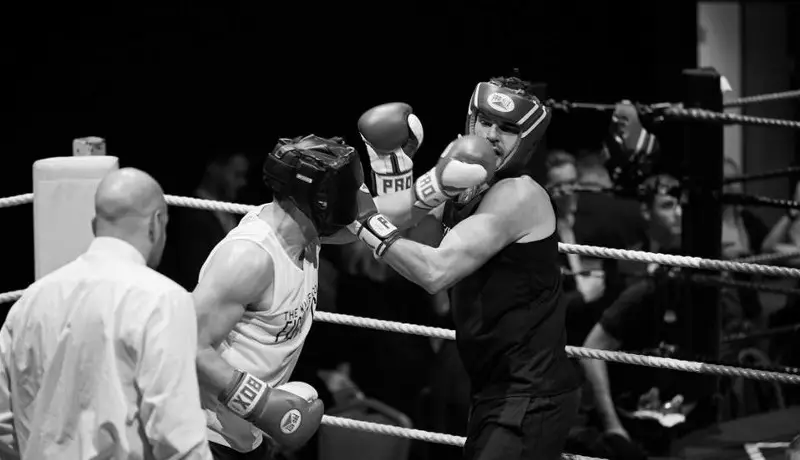 Operating from a peak state: Boxing in east London last year
Operating from a peak state: Boxing in east London last year
Recap
I’ve given up alcohol because:
I feel better without it.
I feel like I’m a better person – more focused, patient, and mature.
I have more energy.
I behave more responsibly, and act like a fool less.
I keep better company.
I sleep better.
I am more peaceful in my mind and soul. I can think properly, without over-analysing or catastrophising.
Why Your Relationship With Alcohol Matters
You are the CEO of a large organisation — it is called ‘your life.’ You are responsible for all major decisions, accountable for what you say and do.
You are responsible, to a large extent, for the people you associate and meet with.
As the CEO of my life and the one responsible for hiring and firing my staff, I realised I could not stand up and look others in the eye and justify keeping a particular employee who damages my otherwise successful organisation.
This employee gets me into trouble, although I always take sole responsibility. The employee is lazy, unproductive, often rude and causes income losses. They stop the organisation from reaching its potential. As a result of keeping this employee around, opportunities are missed.
Our competitors race ahead at points, are involved in successful mergers and collaborations which bring exciting new products and services to the market.
Our organisation is relatively respected, popular even, but not quite with the same respect as we deserve. Other people say the disruptive, errant employee is well-intentioned and harmless in small doses. They’re a drain on resources, confidence and the general morale and ethos of the organisation.
This employee represents alcohol in my life.
As the CEO of everything in my life, I could no longer justify alcohol’s presence. I held myself fully accountable and decided to fire them.
Glamourisation of alcoholism in the media
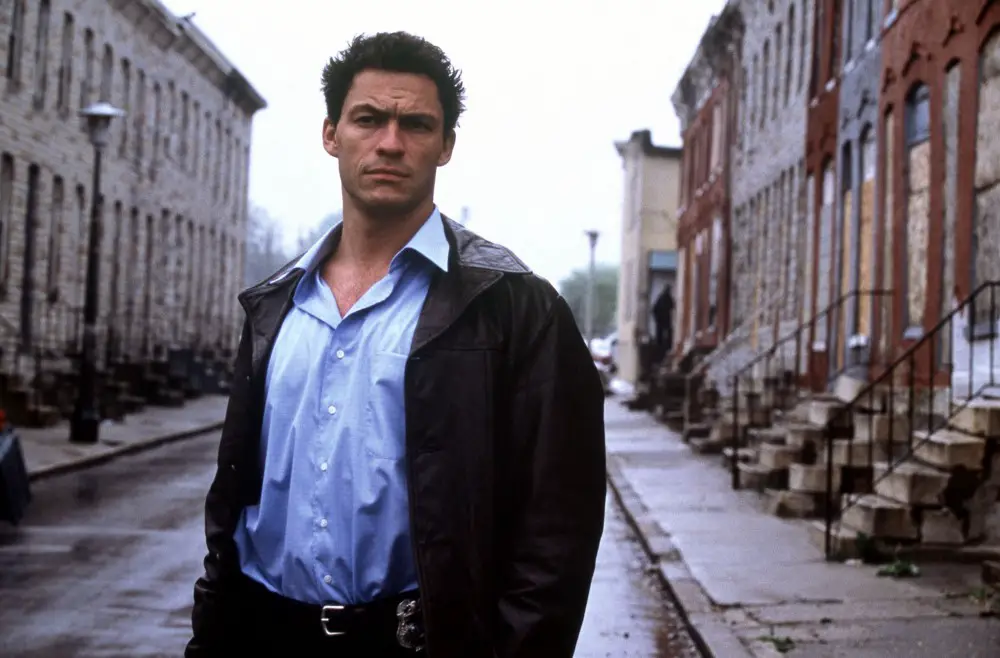 Click the hyperlink to meet Jimmy McNulty
Click the hyperlink to meet Jimmy McNulty
We’re all playing up to certain roles at times.
And the media and popular culture portrays alcoholism as something that is edgy, trendy or ‘right on’.
A good example of this portrayal is Detective Jimmy McNulty, from HBO’s TV series The Wire.
Despite being a fictional character (magnificently played by Dominic West) he is someone who best represents the person I want to be as far away from as possible.
Jimmy McNulty is someone who friends and family members have shared many jokes and funny conversations about.
But I’m highlighting him as someone I don’t want to look up to, or admire in any way.
McNulty’s a second-generation Irishman, like me. He’s also an alcoholic.
He’s a very poor husband and father to his family. He drives under the influence and is on a reckless path of self-destruction very often in the series.
On some level there’s a pressure on those of us with Irish heritage to be big drinkers.
From some maybe there’s an expectation that we should, like McNulty, overindulge and behave like a ladies man or womaniser. Some may find this image to be superficially attractive on the surface.
Males can be portrayed very poorly in the media. Absent fathers. Addicted to work and substances. Unfaithful to their partners.
We snigger and laugh at these Jack the Lad characters and enjoy their portrayal in films and TV shows.
But if we flip this and say if that was your dad, or your brother, your son, or your best friend for example, these scenes would be less amusing for us.
Ask anyone whose parents are alcoholics.
There’s not much funny, sociable or interesting about that. And people call you ‘boring’ or think you’re strange, not a real man, for trying to break a cycle of addiction and a pattern of discord and not complacently hand it onto another generation.
Its not something I want to aspire to be. I don’t want to live up to a stereotype or meekly accept values that while subtly expected of me, are not ones I agree with.
I know many second-generation Irish people my age who accept this paradigm of alcohol abuse, partly because that’s what everyone else in their social group is doing.
It’s not necessary. It’s not you, it’s just an idea in your head.
But these roles are quite seductive, as is alcohol itself. The ideas that come with it are firmly entrenched with some people.
And while they’re difficult to let go, that’s what I’m determined to do.
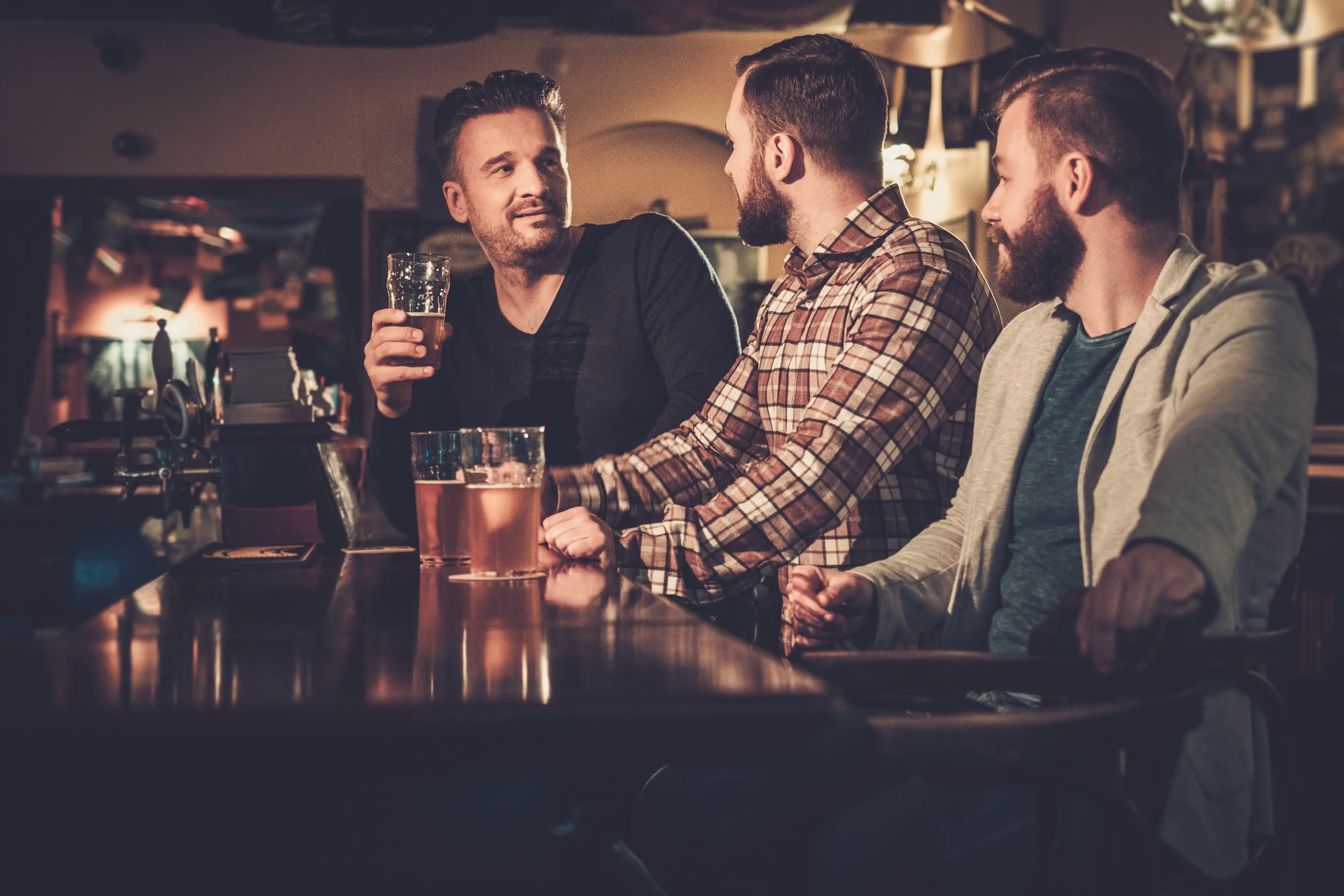
Motivations for going teetotal
Alcohol makes me perform below my best. It lowers my vibration and energy levels. It leaves me often in an embarrassed state.
I am less productive as the hangovers take me two or three days to recover from. As a result I’m more stressed and less grounded.
It leads me to do things I wouldn’t do otherwise:
● I make bad choices over what to eat
● I manage my money poorly
● My relationships and social encounters become more unstable and shallow
● I play up to be a clown and oafish character — trying to make people laugh at the expense of my own dignity.
I want to be in control of my own destiny. I want to be in charge of my own faculties because I am in charge.
I’m choosing to reject a substance that gets in the way of that freedom.
Alcohol has become a burden, like a millstone around my neck. It is a heavy weight that brings much regret, discomfort and difficulty to my life.
Alcohol:
● interferes with the things that motivate me and that I’m passionate about
● puts me in the company of people who don’t share my interests, values or motivations
● encourages me to abuse my health and my self-image.
No-one disputes that it lowers your vibration. We all accept this is a consequence of drinking, but we still do it.
This induces a low energy state in us. Alcohol is fundamentally a depressant, making you more likely to experience depressed thoughts and emotions.
It’s like a building your own prison cell around you. You are locking yourself away from accessing higher states and all the positivity, lightness and sublime feelings available up there.
The right thing to do
Being teetotal is like being drunk for me now. The equivalent of feeling free, authentic and uninhibited.
Alcohol and peak states don’t mix.
Being less hungover and inebriated means I have more clarity and concentration in my life.
Since giving up alcohol five months ago, there is more space in my life to fill it with meaningful things — like volunteering in Africa, training hard in the gym or putting on public speaking workshops.
This year I’ve been trying to improve my relationships with the people around me and relate to them in more of an authentic way.
“You must be willing to destroy anything in your life that isn’t excellent”
Joe Polish
The question never asked
And the question people might ask me, understandably, is, “Why have you given up alcohol?”
But the question never asked is: “Why did you take it up? Why did you start drinking?”
You’d probably ask a friend struggling with addiction why they started doing cocaine, or gambling or watching pornography.
The same question isn’t asked for alcohol, because it’s a large and socially acceptable part of our culture.
No questions asked. Nothing to see here guv.
Alcohol is often seen as a shorthand way of identifying whether someone is sociable or friendly, and it’s bollocks.
In my experience, some of the most miserable, vacuous and close-minded people I know are those who spend the most time ‘socialising’ or who put away the most booze.
Having said that, there are clearly advantages to alcohol. It can make social interactions easier for many people.
It can relax you, and one or two drinks could help two people get to know each other a bit more easily.
You lose your inhibitions and in theory it’s a fun thing in moderation. Although it can be difficult for people in their twenties to decide what ‘moderation’ means.
However, I came clearly to realise that the drawbacks outweigh the benefits in an undeniable way.
I have told people that my decision not to drink may be perceived by others as if I am putting up a barrier.
This is not my intention, but I’ve accepted that some will come to this inaccurate conclusion, whatever I say about it.
Regardless of others’ conclusions of my desire to live a clean life, in which I am in control and have the freedom from the effects of alcohol, I believe this is the right thing to do — and potentially the best decision I will ever make.
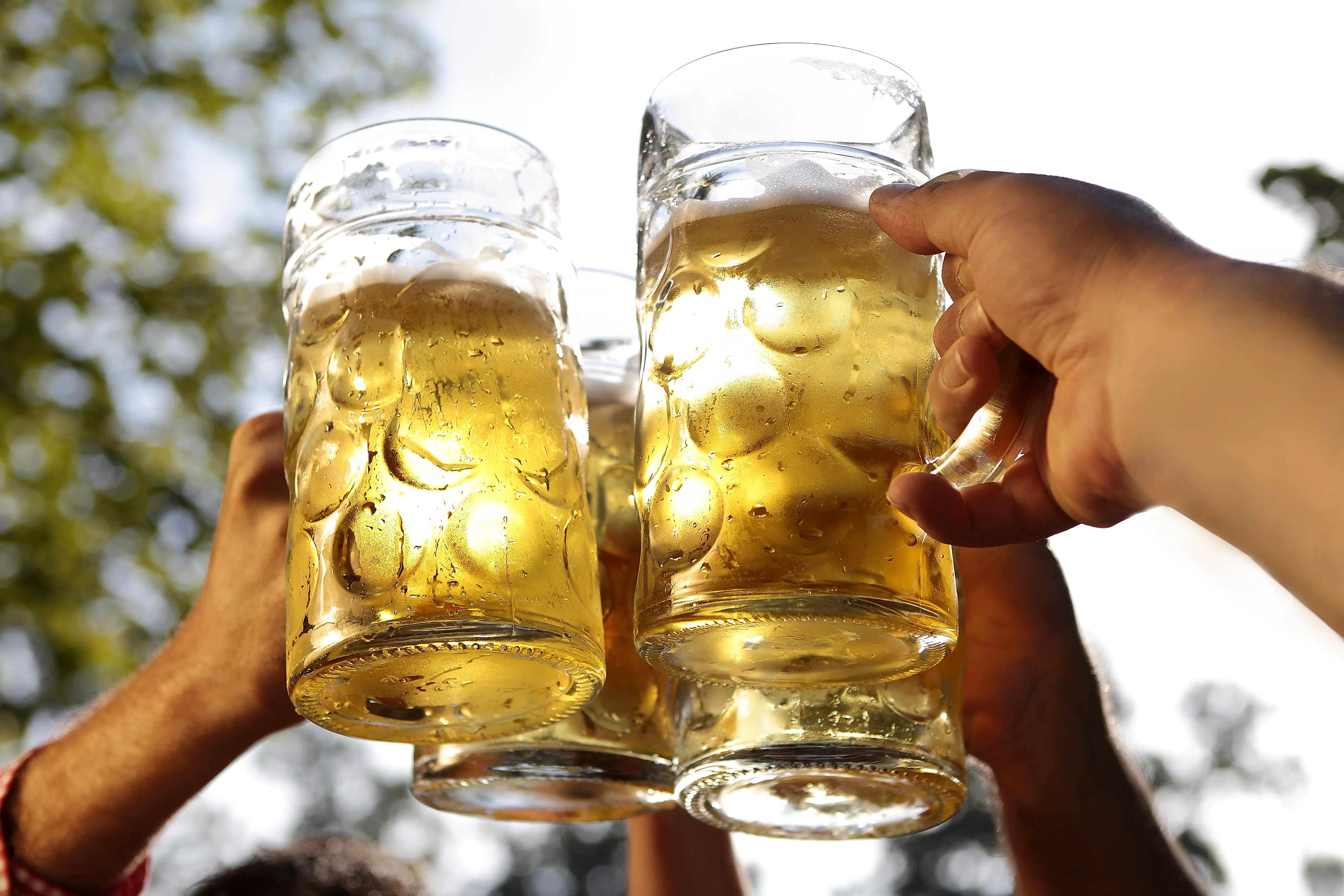
I wish there was a way to be able to enjoy alcohol in moderation with none of
It’s a big sacrifice and commitment to deny yourself something that’s a lot of fun.
I realise that I’m leaving all sorts of experiences on the table. Some positive things may not now happen because of my decisions.
But there will also be more positive things happening to me because I’m trying to keep my mind, body, and soul completely free from alcohol’s influences.
Taking back control
To help me stay off it, I remind myself that I’ve fully committed to putting my health first, and putting my goals and passions above this ubiquitous thing that we’ve convinced ourselves that we have to do.
One of the challenges is the perception, and the idea that alcohol is often associated with shared experiences in social settings.
I’m already experiencing the pressure from others to “join” them in ordering alcoholic drinks when in a bar or restaurant.
My plan to stay committed to this involves a simple combination of ordering:
● Sparkling or still water with a fresh lime
● Mocktails (like Virgin Mary or Mojito)
● Fruit juice or smoothies (to much ribbing I’m sure!).
I’ve recently made friends with long-time abstainers and I think a few of my other pals will join me in abstention in the near future based on conversations I’ve had with them.
There are many strategies you can adopt to make this transition. Trial it for one weekend a month, and then for weeks and months at a time.
Sign up to a race or competitive sporting event which will require some discipline in diet and preparation. This will give you a plausible pretext for not drinking (like my boxing match).
Fewer people will be hostile to it and question the rationale for it.
Over time you become more used to having a clear head and a cleaner life.
Making the decision permanent will be a natural step in this process you’ve already started.
It’d be lying however if I said there wasn’t an element of loss or sadness in my thoughts at points in this process.
But what causes me more sadness is realising how much misery the misuse of this substance causes, and how recklessly it is defended by people who don’t fully understand its many consequences.
A recent major study from the University of Washington has concluded that there is no safe level of alcohol consumption.
The study also suggests that alcohol is one of the major causes of death in the world today (nearly 3 million deaths in 2016).
Alcohol degrades families, squanders potential and drains our life-force.
Watching people close to you effectively become deranged and lobotimised from alcoholism, is equally sadness-inducing.
I wish it didn’t have to be this drastic, that it didn’t have to go this far.
But sometimes you have to do something radical to effect any meaningful change.
Nothing changes, if nothing changes.
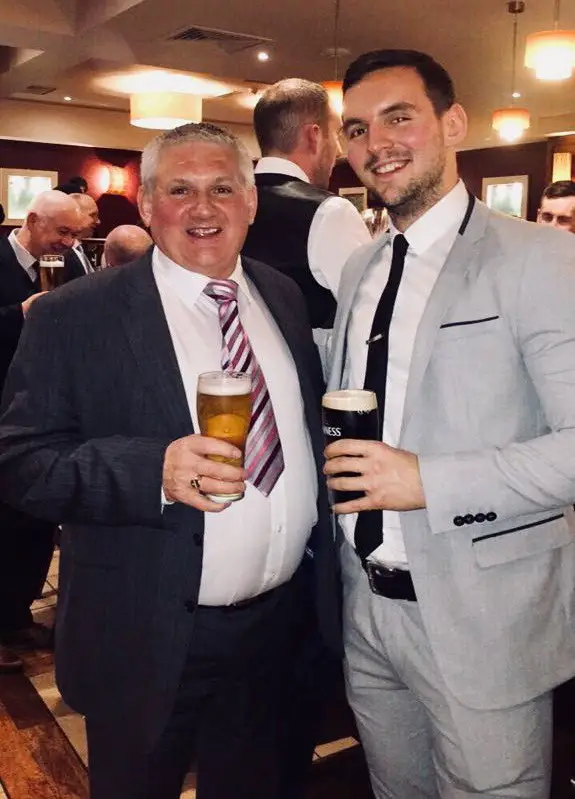 My Dad and I at a wedding in Ireland last year
My Dad and I at a wedding in Ireland last year
“We are what we repeatedly do. Excellence, then, is not an act, but a habit”
Will Durant
Images Credit: 123rf
About The Author
Stephen Lynch
Public speaking and communication coach. Public affairs adviser on Brexit and technology.

Leave Comment: